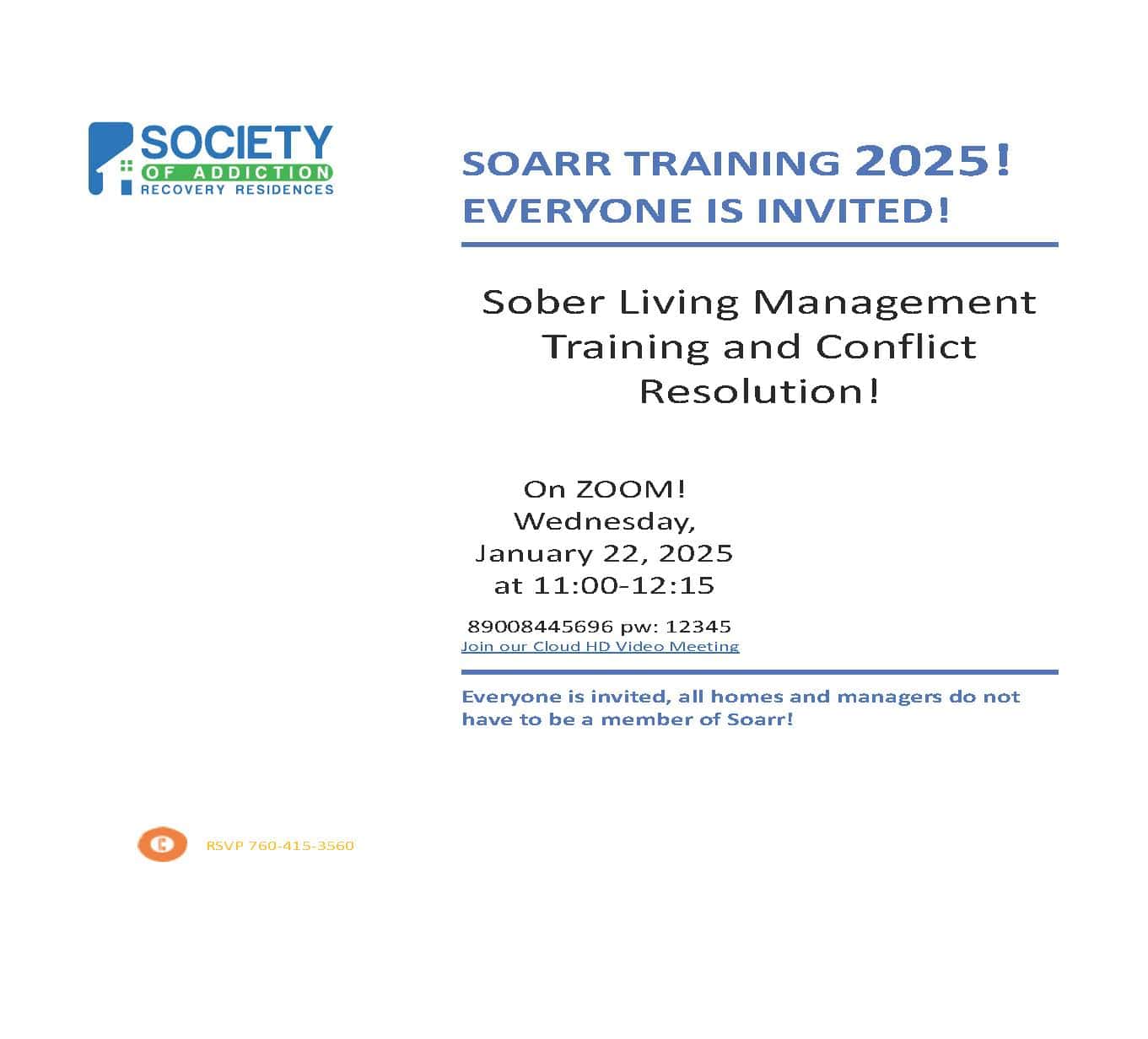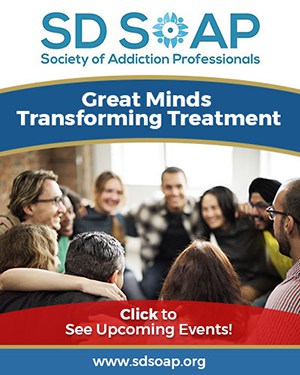Addicted individuals may commit petty crimes to support their drug habits or deal with the consequences of their addiction. Crime committed by addicted people is generally non-violent and often related to obtaining drugs, money, or other resources needed to sustain their substance use. Many property crimes, too, are committed while a person is under the influence of a substance.
Addressing drug addiction through treatment and rehabilitation programs can significantly reduce the likelihood of people in a community resorting to petty crimes to survive. By providing support and resources for recovery, society can help break the cycle of addiction-associated criminal behavior.
Reducing Crime in Communities
Treating addiction to substances like alcohol, cocaine, and opioids is good for communities. A substance use disorder can lead individuals to act out of character and do things they would never do in a sober state. Their actions are driven by the powerful compulsions and cravings associated with addiction. They may not fully comprehend the consequences of their behavior, but they will still be held responsible for it in most cases.
Here are some typical crimes that people who struggle with substance use disorder or alcohol use disorder may commit:
- Shoplifting or theft: People may steal store items to sell or trade for drugs or money. They may have also spent their money on drugs and stolen food for themselves or their family.
- Burglary: Breaking into homes, cars, or businesses to steal valuable items that can be sold or pawned for drug money.
- Forgery or fraud: Engaging in fraudulent activities, such as check forgery or credit card fraud, to obtain money for drugs.
- Dealing or drug possession: Many drug users sell drugs to others. Or, they may be arrested for possessing drugs for personal use.
- Panhandling: Begging or busking for money on the streets to support themselves and their addiction.
- Trespassing: Unhoused people with addiction often enter properties without permission to use or acquire drugs.
- Sex Work: Some people may prostitute or do other sex work for quick money.
- Vandalism: Many property crimes are committed to express frustration or anger or while under the influence.
- Public intoxication or drug-related disturbances: Belligerent drinkers often find themselves in arguments when they’re drunk. Some people behave disruptively at home and find themselves in handcuffs.
- Driving While Impaired: Far too many people with alcohol use or substance use disorder drive under the influence. This is a dangerous practice that can land drug users in jail.
Many people commit crime to support their drug addiction. Providing effective treatment for their substance use issues makes them less likely to resort to crime to fund their drug habits.
Criminal Diversion Programs in California
Diversion programs in California are designed to provide alternatives to traditional criminal prosecution for certain offenders.
These programs focus on rehabilitation and addressing underlying issues like substance abuse or mental health problems.
Diversion aims to reduce recidivism, promote public safety, and alleviate the burden on the criminal justice system. Many people who commit crimes do not re-offend once their underlying issues are addressed.
Here are some common types of diversion programs in California:
- Pre-Trial Diversion Programs: These programs are offered to individuals charged with a misdemeanor or non-violent offense. Eligible participants can enter a diversion program instead of going through the regular criminal court process. Charges may be dismissed upon completion, and the individual can avoid a criminal record.
- Drug Diversion Programs: California offers drug diversion programs focusing on individuals arrested for drug-related offenses. These programs provide substance abuse treatment and counseling rather than incarceration. Successful program completion may result in criminal charges being dropped or reduced.
- Mental Health Diversion Programs: These programs target individuals with mental health issues who commit low-level offenses. Instead of facing criminal charges, participants receive mental health treatment and support to address their underlying condition.
Learn More About Sober Living Homes
We help set the standards for sober living homes in California. All sober living communities on this site are owned and operated by people who meet high standards. These sober homes can provide a safe & comfortable setting for you to continue your recovery and pursue your professional or educational goals. Find one by clicking here.





